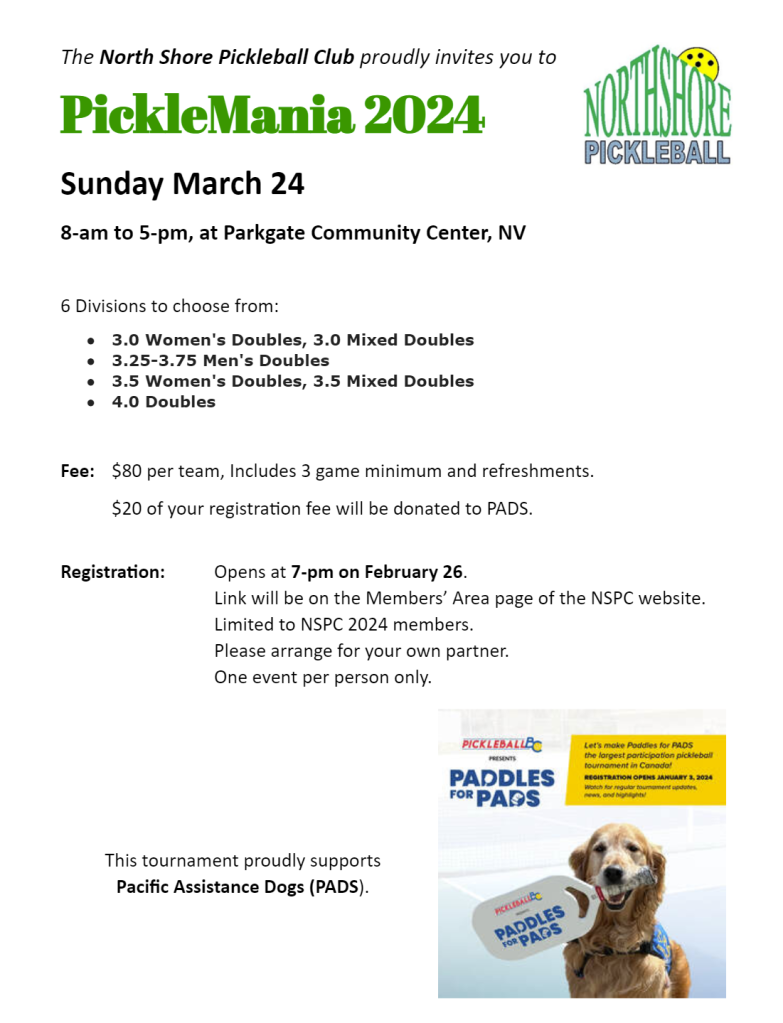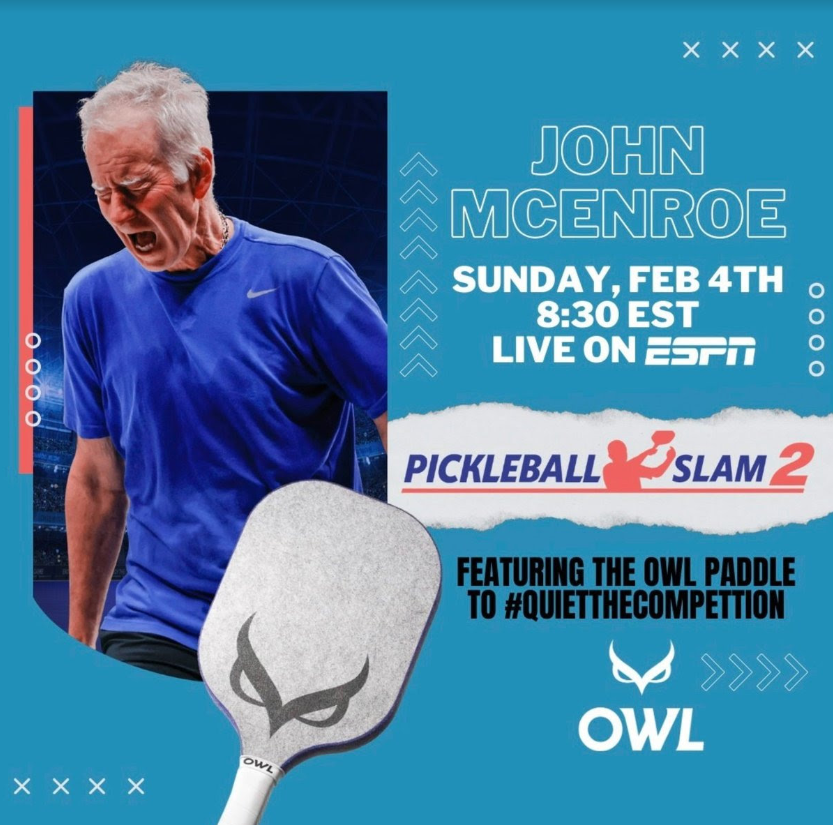WALTER KNECHT, FOUNDER
When pickleball took hold of Walter in the summer of 2013, he insisted on taking us all along for the ride! Beginning on the North Shore, Walter organized indoor and outdoor play (2014), chaired the BC 55+ pickleball games (2015 in North Vancouver and 2016 in Coquitlam), started up and ran the North Shore Picklemania tournament (2016-2018) and established the very successful North Shore Pickleball Club (2017).
He then set his sights on organizing the whole province. In 2017 Walter created Pickleball BC in parallel to BC Pickleball, soon supplanting the older organization. Then the real work of creating a large and provincially-accredited sports organization began.
There were a myriad of procedures and policies to write and adopt. In 2018 the first-in-Canada Memorandums of Understanding were signed with B.C.-based clubs and Pickleball Canada. Walter also initiated discussions in 2019 with Pickleball Canada for a higher-level member management system which we now know as the very powerful and useful PCNS. By July 2021, in just four years, Pickleball BC had achieved Provincial Sport Status.
A provincial sports organization needs a provincial tournament which Walter has helped organize. He has been and continues to be involved in organizing other regional tournaments, fundraisers, the BC 55+ Games, and other initiatives that grow the game. He was also national leader of officiating from 2020 to 2022.
Walter’s early collaborators noted that he liked to have his way but then “he was usually right.” All agree to his ability to manage the complexity of “a growing and complicated organization in a calm, decisive manner” and his commitment to the work required.
In ten years, Walter has built a significant and lasting structure upon the foundations laid by earlier B.C. founders. B.C. pickleball players, today and in the future, are thankful for Walter Knecht’s abilities, passion and gift of time in the pursuit of pickleball excellence.
Submitted on Behalf of the North Shore Pickleball Club,
Estha Parg Murenbeeld, President
February 2024



